Feb. 11, 2022
By China News Service reporter Gao Kai
(ECNS)--At CCTV’s 1989 New Year’s Day party, an international student from Canada appeared in the sketch "Return Late at Night." His Chinese name was Dashan. With blond hair and blue eyes, he wore a military coat and spoke Chinese with a “foreign accent” in the show, which most impressed the audience. Since then, Dashan has forged an indissoluble bond with China.
Later, Dashan (English name: Mark Henry Rowswell) became the first foreign crosstalk (Chinese comic dialogue) actor to formally learn from the famous crosstalk artist Jiang Kun. In recent years, his own program, “The Dashan Live” has gained wild popularity among Chinese audiences.
Dashan, who says he has been going back and forth between Chinese and Western environments for many years, recently gave an exclusive interview to China News Service’s“East-West Quest.” He shared his insights about crosstalk performances, similarities and differences between Chinese and Western comedy, and East-West cultural exchanges.
Here are excerpts.
China News Service: As a Canadian, how did you get to know Chinese crosstalk and choose it as your career for decades?
Dashan: In 1988, I studied abroad at Peking University. Since I had studied Chinese at the University of Toronto for four years, my Chinese was slightly better than other international students’, and teachers at Peking University recommended that I should try out for the CCTV New Year’s Day party. The sketch “Return Late at Night” hit the jackpot and became my famous work. The name Dashan also came from the sketch. It was this party that exposed me to crosstalk for the first time, and I saw two pairs of golden partners: Jiang Kun and Tang Jiezhong, and Hou Yaowen and Shi Fukuan.
I used to learn Chinese from textbooks, so when I was first exposed to such a vivid and meaningful way of learning Chinese, I was truly attracted. Unexpectedly, I was lucky enough to learn crosstalk from Jiang Kun and collaborate with Ding Guangquan.
I kept learning and performing until the late 1990s. At first, our program relied on novelty that foreigners should speak Chinese, as well as Chinese tongue-twisters and Peking opera. These are very superficial, and all I had to do was memorize words. But when Dashan became a public figure in China, I think it was more necessary to make a breakthrough in content.
Many years later, I returned to the comedy stage in a single stand-up form and created “Mountain Kan Mountain.” In this way, I jumped out of the past teacher-student mode and broke the previous bottleneck.
“The Dashan Talk Show,” somewhere between the talk show and stand-up crosstalk, has both crosstalk elements and talk show features. I have always hoped to bring in some elements of my own cultural background to further enrich the crosstalk.
China News Service: What do you think is the charm of Chinese crosstalk, and how is it different from traditional Western stand-up comedy?
Dashan: In my view, the biggest charm of Chinese crosstalk lies in its sensitivity. It is a pursuit of high-level communication of emotions. Thus we should not underestimate performers’ attempt to make people laugh, and the laughter indicates resonance between performers and audiences.
I was especially touched when Jiang Kun performed his crosstalk on the free market: “Eggs and duck eggs -- these two I must have. For duck eggs I’ll sacrifice eggs. For century eggs I have to pay another 50 cents.” Audiences burst out laughing when they heard these words.
These words tell a truth, but why do people laugh at this truth? Because these words are a parody of PetöfiSándor's poem:
Liberty and love
These two I must have.
For my love I’ll sacrifice
My life.
For liberty I’ll sacrifice
My love.
And this crosstalk presents the cross-cultural elements and wisdom in comedy.
Chinese crosstalk is a highly individualized form of artistic performance, which is unique and thinks highly of inheriting traditions. Stand-up comedy is a common free-style oral performance in Western comedy, and performers play more freely on stage.
Compared with Western comedy, Chinese crosstalk shows differences in two aspects. The first is that Chinese crosstalk has technical requirements, such as language skills like Guan Kou’s, and in some traditional crosstalk shows, audiences even need to evaluate the skills used, while Western comedy pays little attention to these skills. The second is in cultural inheritance. Western comedy is more concerned with the present, and almost no one performs traditional jokes from decades or even hundreds of years ago. But for Chinese crosstalk, tradition is very important, and the audience may comment on whether the performance is authentic from the perspective of artistic appreciation.
China News Service: Among all kinds of Arts, comedy is relatively more prone to the influence of audience’s culture and custom. How do you think of the integration between Chinese and foreign popular comedy arts?
Dashan: Compared with music, opera, drama and other art forms, comedy performance requires more the audience’s participation with laughter, and thus needs to give careful consideration to the audience’s culture and custom.
For instance, the traditional crosstalk show “Crooked Criticism of the Three Kingdoms” is based on the premise that the audience is familiar with the Chinese classic Romance of the Three Kingdoms. In the West, there are also many classic comedy segments that “misrepresent” some familiar allusions from the Bible.
Nowadays, Comedy focuses less on language skills or traditional stories, and more on contemporary everyday life, making it easier to transcend national boundaries. The differences between Chinese and foreign popular comedy arts are diminishing, largely because of the growth of the internet. More and more young Chinese audiences are being exposed to Western stand-up comedy via the internet, and China’s homegrown form of stand-up comedy, the talk show, is rising rapidly.
Crosstalk is still loved by Chinese audiences, and some performers can switch freely between Chinese and foreign performance styles, sometimes using the free form of talk show and sometimes returning to the traditional form of crosstalk. The development of talk show provides a unique opportunity to bridge the gap between Chinese and foreign comedy performance arts.
China News Service: you once said that “Dashan Live”is a mixture of Eastern and Wstern cultures. What do you think is the ideal mix?
Dashan: The reason “Dashan Live” is Western-style in form is that I intentionally jump out of the fixed mode of past performance.
As a 60-minute special performance, “Dashan Live” has a complete structure from beginning to end. Unlike monologue comic talk, which tells one story at a time, and loose Western stand-up comedy, “Dashan Live” tells stories with autobiographical features and clear logic.
In fact, compared with the practice of popular talk show nowadays, I present my show with crosstalk performance experience and communicate with the audience. Although I don’t show typical crosstalk tone on the stage, I still have the habit after being influenced by crosstalk for a long time. My language is not as lively as some young talk show performers’, but it has its own design and rhythm, which is smooth and steady in making up jokes. For example, people can sense the flavor of crosstalk by the way I tell jokes.
I hope to make a new type of performance by combining traditional Chinese and foreign performing forms. We can also make some contribution to the art of crosstalk through innovation and promote closer exchanges between China and foreign countries by means of comedy.
China News Service: In China, people believe that Dashan is a person from a country outside China instead of an outsider. What do you understand about China and Chinese culture in recent years? What is your opinion of the fact that some other countries would misinterpret Chinese culture?
Dashan: I like the comment that Dashan is a person from a country outside China rather than an outsider. At the time I began to show up onstage in China, China was going global, and the world now knows more about China. So perhaps my perfomringin China is also a symbol that reflects cultural exchanges at that time.
Now I often record videos of recitation of ancient Chinese poems. The reason behind it is my respect, understanding and love for traditional Chinese culture after studying it for so long.
In fact, in the initial period of cultural exchange, people saw only differences between cultures. However, differences are not detrimental, and to some extent, they lead to mutual attraction between two cultures. Being a Westerner who studies Chinese culture a lot, I realized over time that living in more than one cultural environment for a long period gives me more appreciation of the universality between cultures.
Although many things seemingly look different, further understanding would lead you to discover that they have something in common, but they just differ in forms and custom.
In my opinion, misunderstanding about Chinese culture is essentially a problem of tolerance and acceptance, rather than a problem caused by cultural divergence.
Over the years, I have studied the difference in humor between Western countries and China. In China, the sense of humor for people in Northern China is different from those in Southern China. The same is true for British humor and French humor. Each type of humor has its own characteristics, and through in-depth analysis, you would find that the essence of humor is interlinked with each other and mutual understandings are possible.
This is truly my opinion as one who is exposed to both Chinese and Western cultural environments. It is necessary to find resonance between comedians and audiences in comedy shows. As a foreign comedian, I have a mostly Chinese audience, and I have pursued universality among differences. In the end, it is proven that mind acts upon mind.
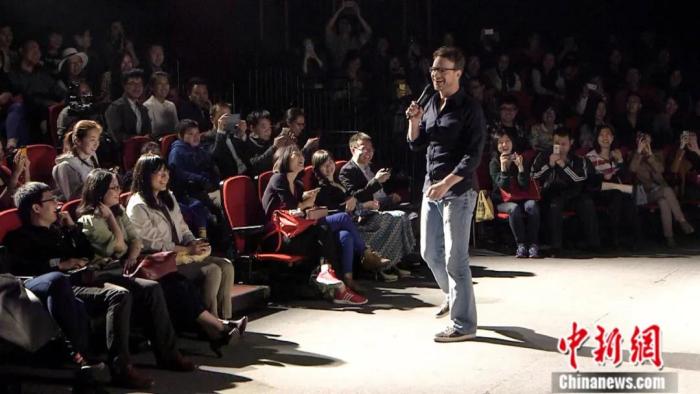
(Translated by Lai Hanyi, XiongYuxin, Zhang Zhiling, Xu Zhaoting, Yuan Linshuo)










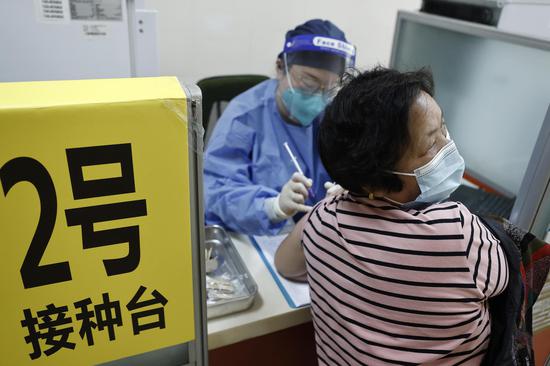

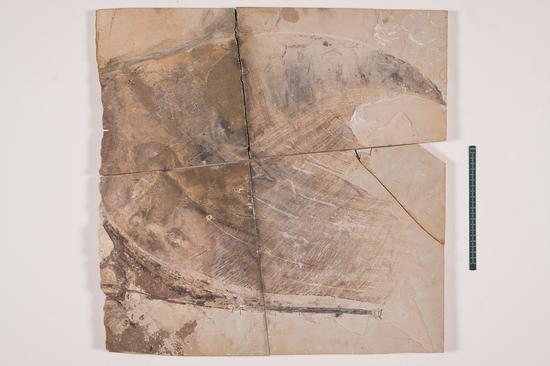
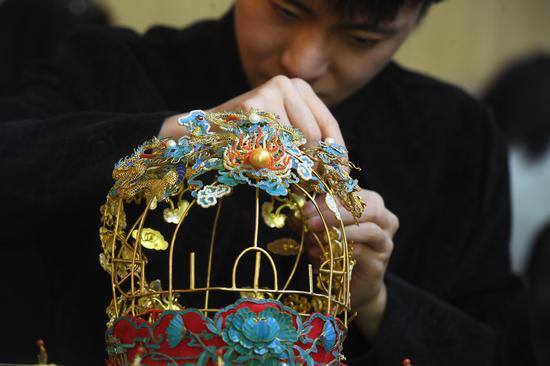
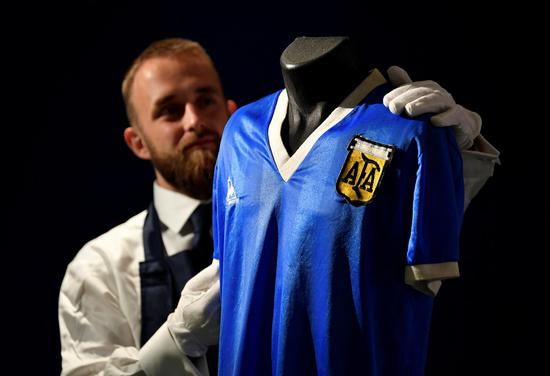

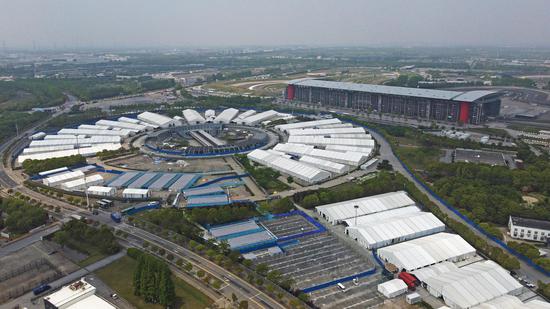


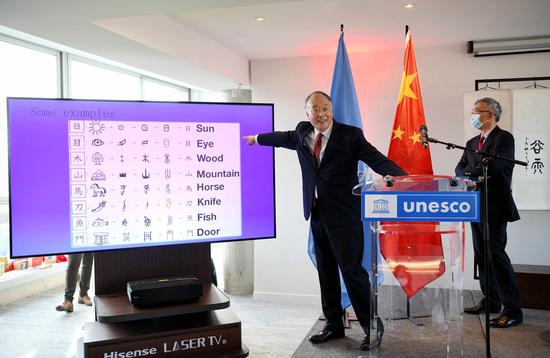

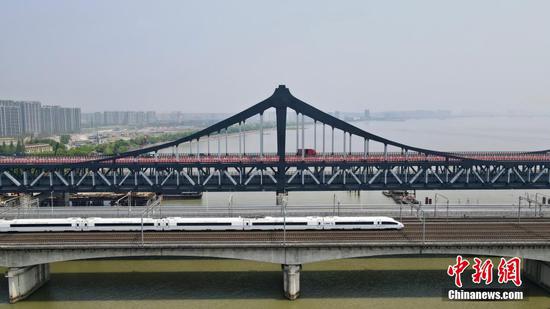

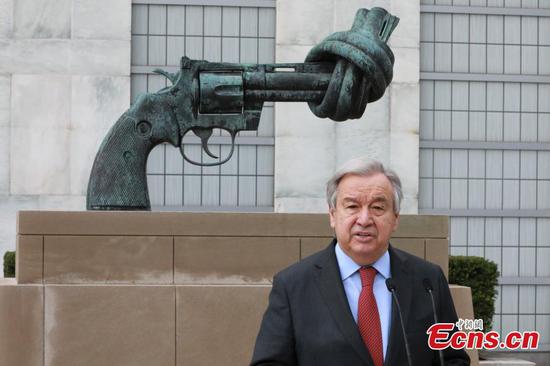
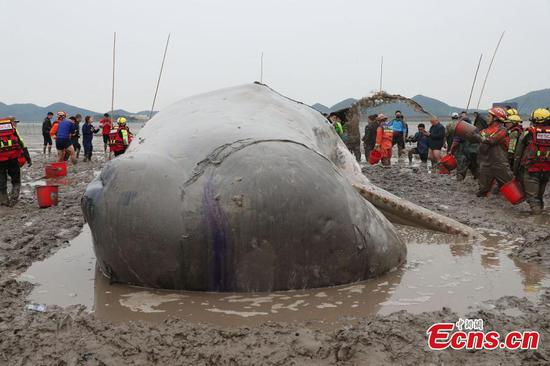
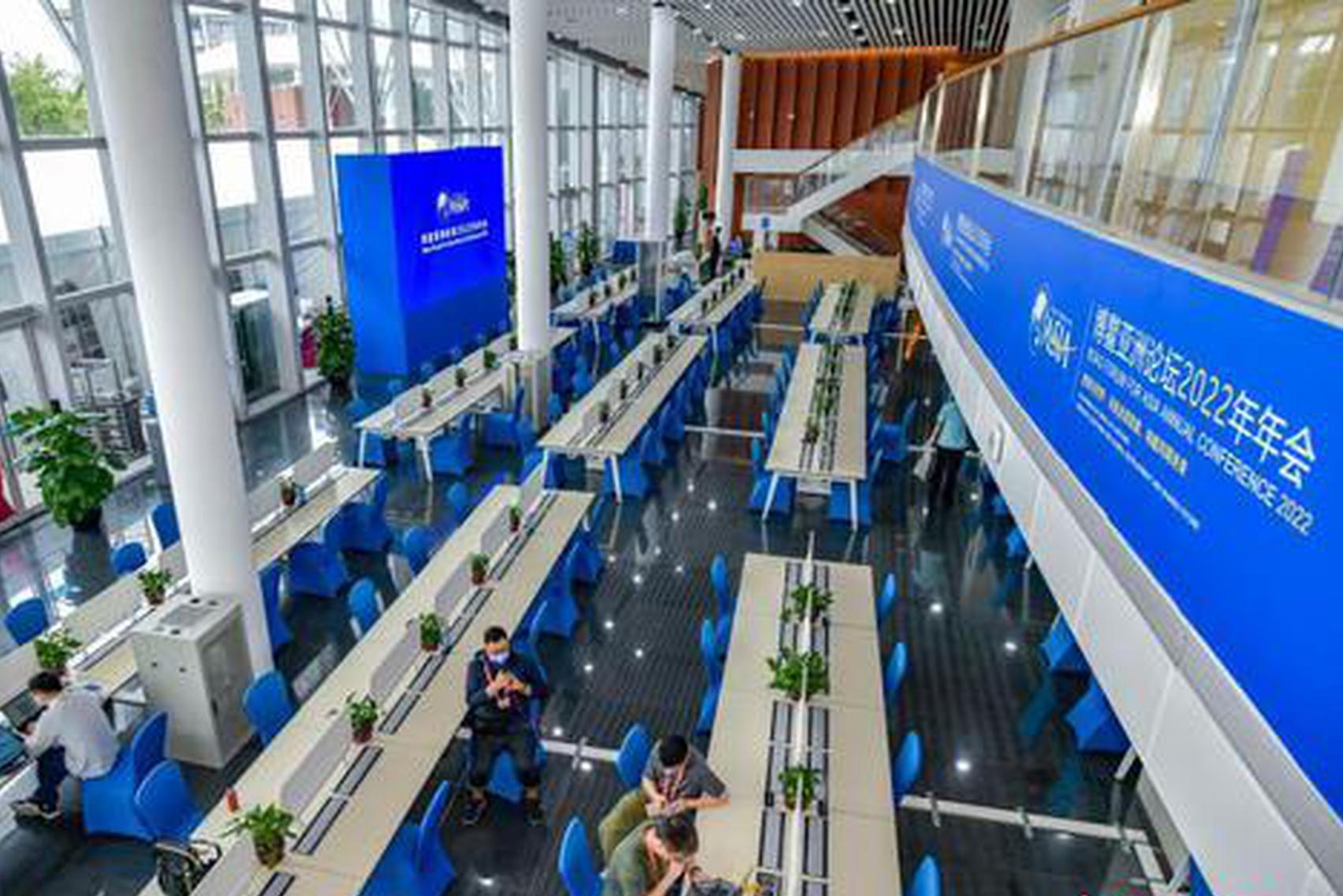

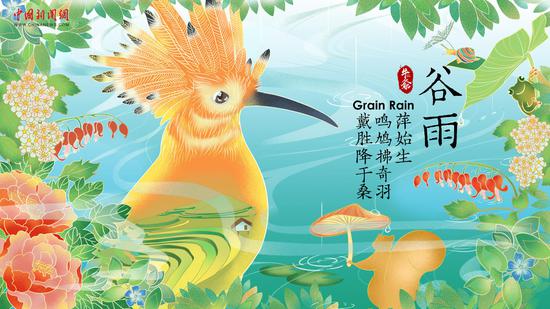
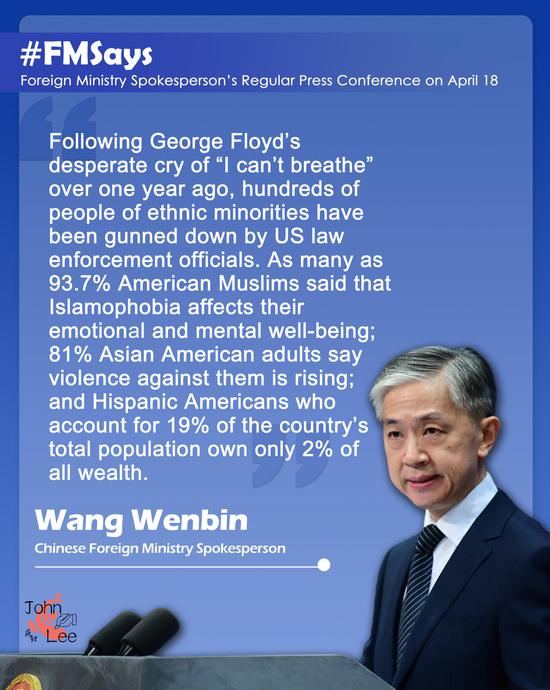
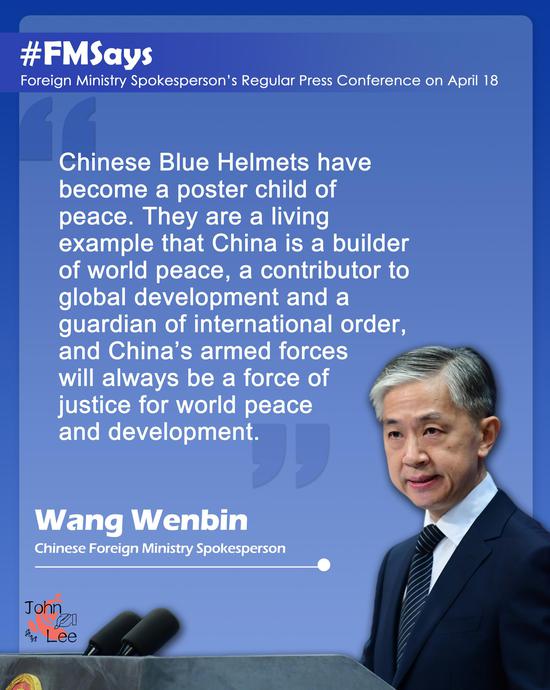

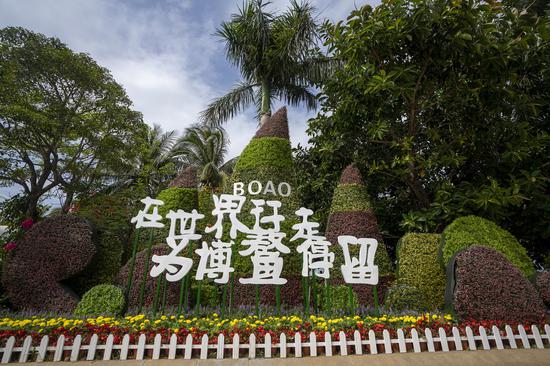
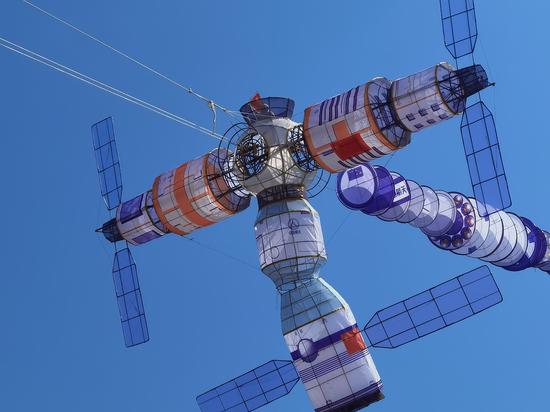
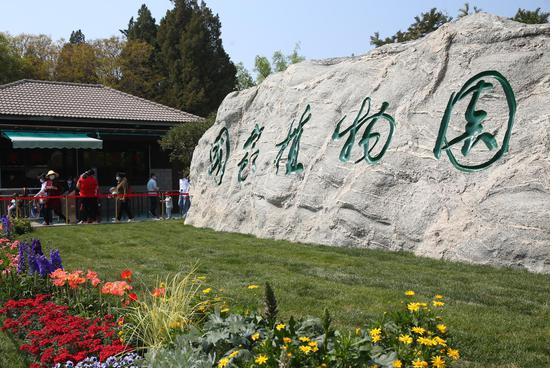
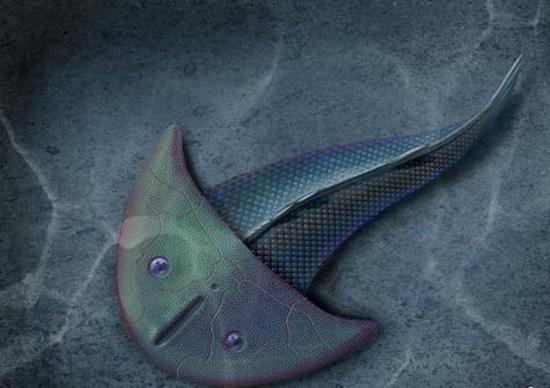

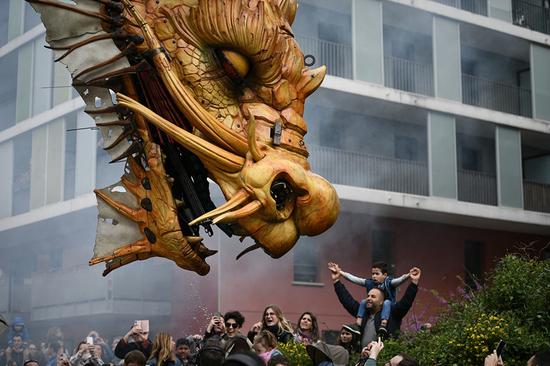



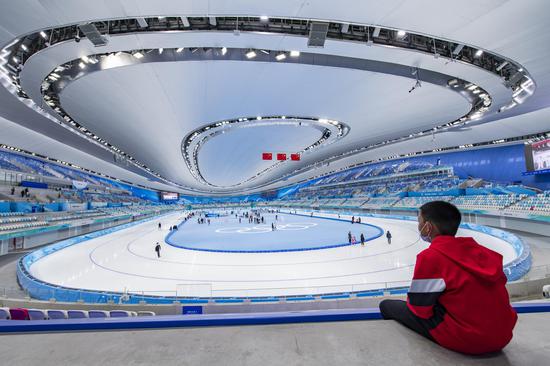

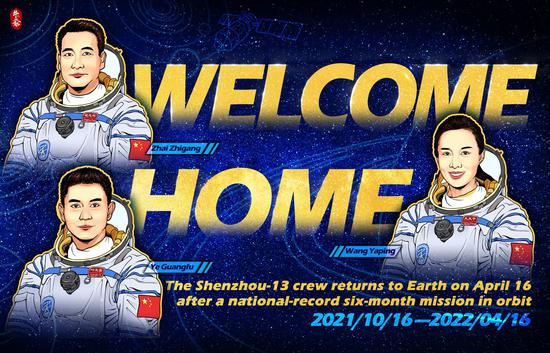
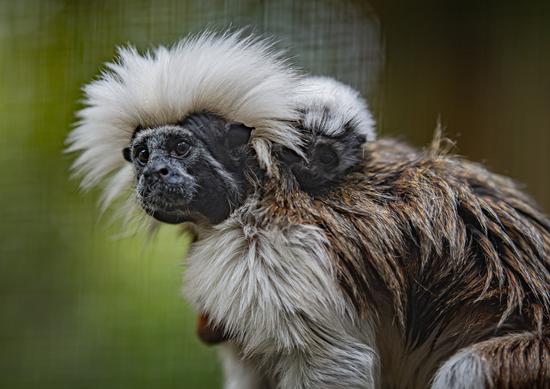


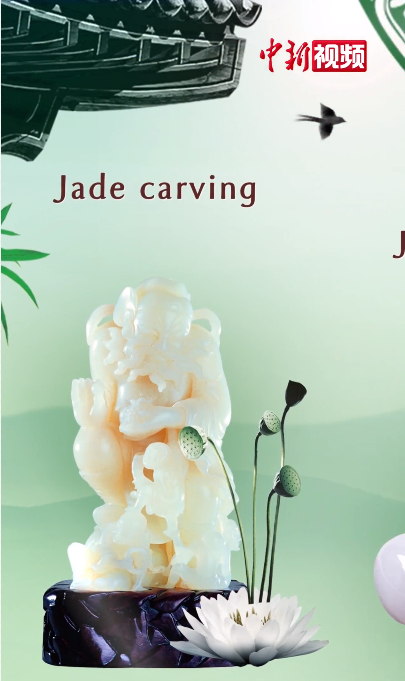

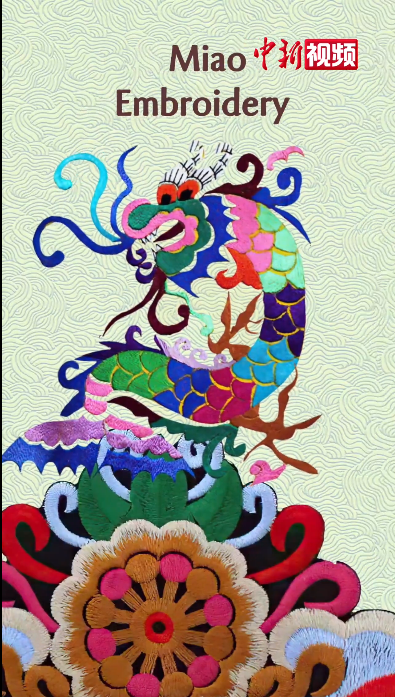

 京公网安备 11010202009201号
京公网安备 11010202009201号